No matter how solid the content is on your web site or how optimized your pages are, if you are lacking in “off-the-page” factors, you may have difficulty obtaining high search engine rankings. You need other web pages pointing to your site. Ideally, you want them pointing to your home page, and you want the links on the other sites to contain whatever specific keywords you want to rank for. For example, if you sell garbage cans, you would want links to your site to look something like this:
Shop for all styles of <a href=”www.mysite.com”>garbage cans</a> at Garbage Cans ‘R Us.
If you can get lots of other sites pointing to your home page with a link like the one above, that will cause Google to start thinking that your site must be a strong resource for whatever term is used in the link (in our example, your site would be considered a resource for information on garbage cans). Easy, right?
Not so fast. The problem is not all links are created equal. At one time, you could boost your ranking in Google by participating in link farms, which are just web pages set up explicitly for the purpose of achieving high search engine rankings. That won’t work anymore. It could even hurt you. So don’t link to sites like that, and don’t sign up to have them link to you. Instead, you’re just going to have to do the work of locating viable link partners yourself.
So what makes a site a good link partner? It should be a site that is in a related but non-competing business (if you can get your direct competitors to link to you, then that’s great, but I wouldn’t count on it). You also want to find sites that have a high “page rank” value. Page rank is Google’s measure of a web page’s popularity based on the number and quality of other web pages that point to it. Based on the scale that is used for the Google toolbar, the highest page rank is 10 (the actual page rank, which we are not allowed to know, could be a number in the millions). A web page with a high page rank value will likely be considered a strong resource on some subject matter. So if that site then links to yours, then your page will benefit. If you can get the site to link to you without your linking to them, that’s a lot better. But if you have to link back to them, then so be it.
A quick and dirty way to estimate a web page’s page rank is to install the google toolbar. From the google.com home page, click on the “more” link. On the next page, click “Google Downloads”. On the next page, click “Download Now” underneath the section labeled “Google Toolbar”. After installing it, you will see an icon labeled “PageRank” on your browser header. This is not an extremely accurate tool, but it will give you an idea about a web page’s page rank. If you want to get more advanced, install the Firefox browser, and then install a Firefox plug-in that will display a web page’s page rank and Alexa rank. The Alexa rank is based on the amount of traffic a site gets. The smaller the score, the better. Yahoo.com has a score of 1, meaning it gets more traffic than any other web site. So if you can find a link partner with high page rank and low Alexa rank, you’ve got a winner.
Managing a linking campaign is a time-consuming process if done correctly, but it will make a tremendous impact on your web site. If you’d like to talk to us about doing this for you, give us a call! We’ll discuss some other ways to get back-links to your site in future blogs.
